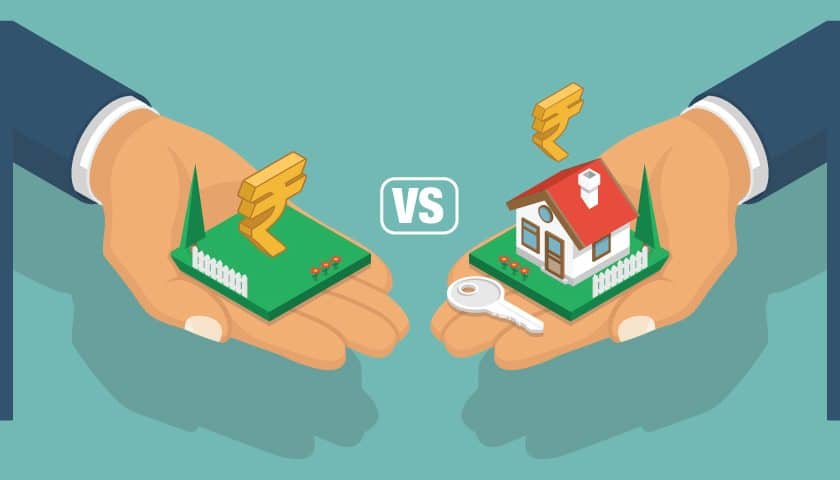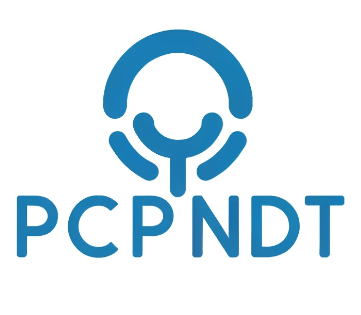Mortgage Loan vs Loan Against Property: Mortgage loan is for buying a property, while loan against property is for various needs using property as collateral. Mortgage loans offer lower interest rates and longer terms for buying a home, while loan against property provides quicker approvals and flexible fund usage but at a higher cost.
When it comes to borrowing money against property, two common options that individuals consider are Mortgage Loans and Loans Against Property. Both types of loans involve using property as collateral, but there are key differences in terms of purpose, eligibility, interest rates, and repayment terms. In this blog, we will explore the distinctions between Mortgage Loans and Loans Against Property to help you make an informed decision based on your financial needs.

Mortgage Loan
A Mortgage Loan is a type of loan specifically designed for the purchase of a property, such as a home or a commercial building. When you take out a Mortgage Loan, the property you are buying serves as collateral for the loan. The loan amount is typically based on the property’s value and your ability to repay the loan. Mortgage Loans are long-term loans with repayment periods ranging from 15 to 30 years, and they are commonly used for real estate purchases. Here are its key features:
- Purpose: Exclusively for buying, constructing, or renovating a residential property.
- Loan Tenure: Typically ranges from 15 to 30 years.
- Interest Rates: Generally lower compared to personal loans or LAP due to lower risk.
- Tax Benefits: Offers tax deductions on both principal and interest repayments under specific income tax sections.
- Loan-to-Value Ratio (LTV): Lenders finance up to 80%-90% of the property’s value.
Loan Against Property
A Loan Against Property, on the other hand, allows you to borrow money by pledging an owned property as collateral. The property can be residential or commercial, and the loan amount is determined based on the property’s market value. Loan Against Property offers flexibility in terms of usage, as the funds can be used for various purposes such as business expansion, education expenses, debt consolidation, or any other financial need. These loans typically have shorter repayment periods compared to Mortgage Loans, ranging from 5 to 15 years.
- Purpose: Versatile; can be used for any legal purpose, including business expansion, education, medical emergencies, etc.
- Loan Tenure: Ranges up to 15-20 years (typically shorter than home loans).
- Interest Rates: Slightly higher than home loans but lower than personal loans.
- Tax Benefits: No tax benefits unless the loan is used for property construction or purchase.
- LTV Ratio: Generally, lenders offer around 50%-75% of the property’s market value.
Mortgage Loan vs Loan Against Property
| Feature | Mortgage Loan | Loan Against Property |
|---|---|---|
| Purpose | Purchase a new property | Meet various financial needs |
| Loan-to-Value Ratio | Up to 90% | Up to 60-70% |
| Interest Rates | Lower | Higher |
| Repayment Tenure | Up to 30 years | Up to 15-20 years |
| Flexibility in Use of Funds | Limited | High |
Choosing the Right Option
- If you are looking to purchase a property, a Mortgage Loan would be the appropriate choice.
- If you need funds for purposes other than property purchase and are willing to pledge your property as collateral, a Loan Against Property could be more suitable.
Conclusion
Both Mortgage Loans and Loans Against Property offer opportunities to leverage property assets for financial needs. Understanding the differences between these loan types and assessing your specific requirements will help you choose the option that aligns best with your financial goals and circumstances. It’s advisable to compare loan terms, interest rates, and repayment options from different lenders before making a decision to ensure you select the most suitable loan for your needs.
